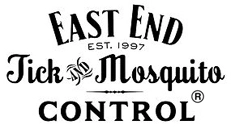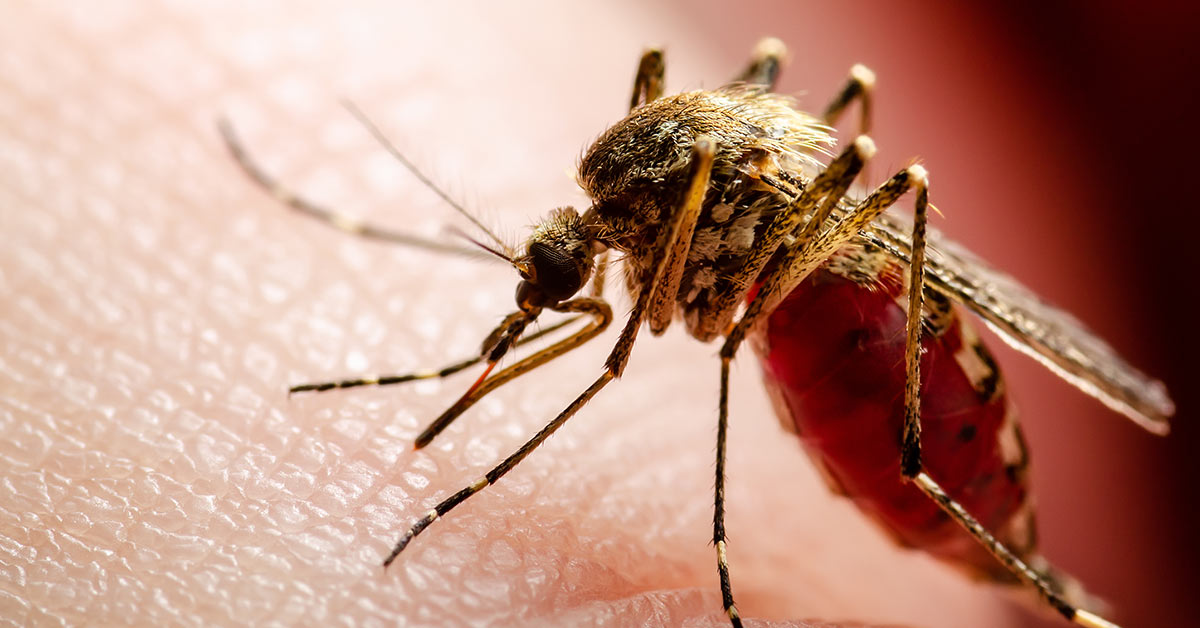Wouldn’t it be wonderful to live in a world with no mosquitoes? There would be no need to slather on bug repellent in the summer, and you could sleep with the windows open without being dive-bombed by droning mosquitoes all night. More importantly, mosquito-borne diseases could disappear, it could eradicate Zika virus, West Nile virus, Chikungunya virus, malaria, and dengue fever. Livestock and pets would benefit from mosquito-borne disease eradication as well. To this end, several countries, including the United States, have deployed transgenic mosquitoes to reduce mosquito populations drastically.
What Are Transgenic Mosquitoes?
Transgenic mosquitoes contain DNA from an unrelated organism. In this case, non-biting male mosquitoes carry a self-limiting gene that prevents their biting female offspring from surviving to adulthood, ultimately reducing the overall mosquito population.
Out of more than 3,000 mosquito species, the one that most commonly bites humans and carries diseases is the Aedes aegypti, currently being modified by scientists. Scientists developed this technology at Oxitec Labs in Oxford, England, and their mosquitoes are designated OX5034.
Once introduced into an ecosystem, transgenic mosquitoes also are referred to as RIDL mosquitoes, which indicates a “release of insects carrying a dominant lethal gene.” More than a billion of these mosquitoes have been successfully released since 2019 in Brazil, the Cayman Islands, Panama, India, and Key West, Florida.
In 2021, Key West officials turned to Oxitec after a dengue fever outbreak hit the area and discovered that traditional fumigation methods were becoming less effective. There were concerns throughout the region that dengue-bearing mosquitoes were “establishing a beachhead” in Key West and were likely to spread to other parts of Florida and along the Gulf Coast and Eastern seaboard.
How Do They Genetically Modify Mosquitoes?
Transgenic mosquitoes are mass-produced in a laboratory. They carry two types of modified genes: a self-limiting gene that prevents female mosquito larvae from surviving to adulthood and a fluorescent marker gene that allows scientists to identify the modified mosquitoes under a red light. The genetically modified mosquitoes reproduce in the laboratory and lay eggs, then released into a target area.
When the eggs hatch, the modified males mate with wild female mosquitoes, passing their genes to their offspring. The female larvae of these pairings do not survive to adulthood and, therefore, will not reproduce. This process results in a reduced number of mosquitoes in the area.
Why Should We Use Genetically Modified Mosquitoes?
What are the benefits of releasing genetically modified male mosquitoes? The primary upside is that it will help save lives. Between 750,000 to one million people a year die from mosquito-borne illnesses, making these insects more deadly to humans than the subsequent fourteen animal threats combined. Half the world’s population is at risk of mosquito-borne illness, including much of the United States.
Deploying modified mosquitoes has shown to be very safe and effective. They pose no risk to people, animals, or the environment, and reduce the use of chemical spraying, or are an alternative in places where cost or logistics may preclude pesticides.
What Happens If Mosquitoes Go Extinct?
In the worst-case scenario, if enough modified male mosquitoes are introduced into a region, the population could crash and cause a ripple effect throughout the ecosystem. Total mosquito extinction could eliminate around 3,500 species, mainly fish and migratory birds. Fish, birds, reptiles, bats, and other insects feed on mosquitoes, and removing that link in the food chain could wipe out many pollinators and ultimately impact food production.
Fortunately, this process is manageable, and when modified mosquitoes are no longer released into an area, the population gradually returns to stable levels. Also, only specific, dangerous mosquito species such as the Aedes aegypti are modified and targeted, leaving other types of mosquitoes available as food sources for the birds, fish, and insects that consume them.
Are Genetically Modified Mosquitoes Ethical?
Scientists should rigorously study any intervention in nature’s processes and the pros and cons thoughtfully considered. The ethics of genetically modified organisms evolve along with science, and the conversation is ongoing. When half the world’s population is at risk from mosquito-borne disease, the ethics of not protecting them with all means available may outweigh other considerations.
As science continues to develop, the use of transgenic mosquitoes may become a regular part of many communities’ integrated mosquito management plans, in addition to larvicides, adulticides, and source reduction management.
Contact East End Tick & Mosquito Control® for all Your Mosquito Control Needs
East End Tick & Mosquito Control® is Eastern Suffolk County’s most-experienced tick and mosquito control company. We have provided the Twin Forks and East End with the most effective pest control treatments since 1997. Protect your family from disease-carrying mosquitoes and ticks all year round by requesting a free estimate now or call our Southampton office at (631) 287-9700, our East Hampton office at (631) 324-9700, or our Southold office at (631) 765-9700.


